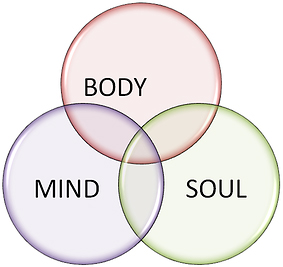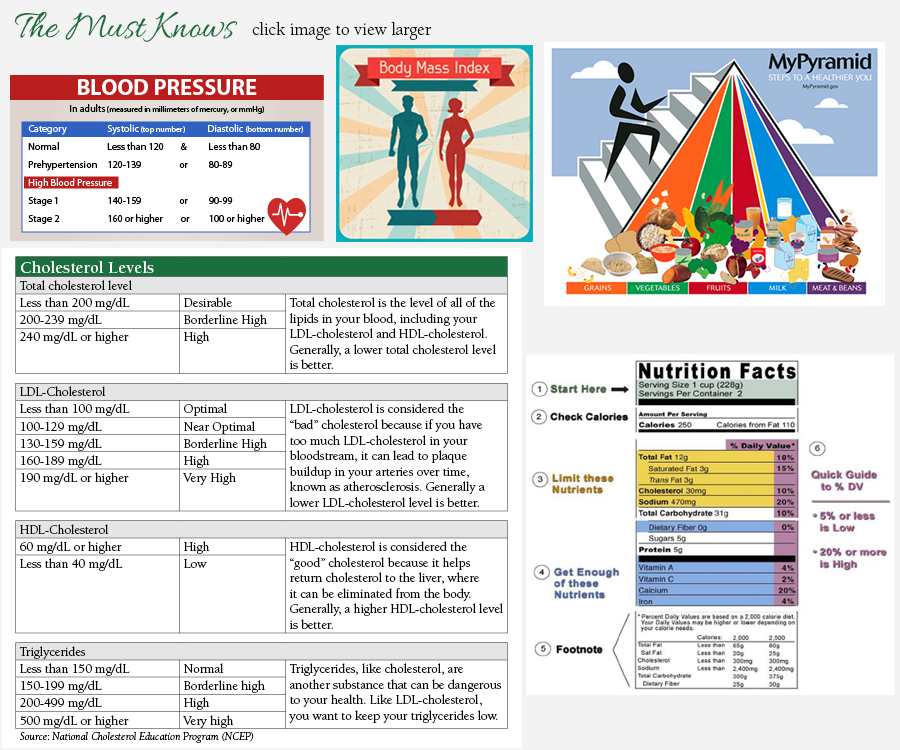What is Health Intelligence?
At the core of problematic health trends such as the obesity epidemic lies a lack of basic understanding of what it means to be healthy. Some individuals who have healthy eating and exercise habits have difficulty understanding why such a high percentage of individuals in our society have become so unhealthy. But being healthy is not just a matter of avoiding that which we know to be unhealthy. Rather, to be healthy we need to use what I call Health Intelligence—a ninth category to be added to the intelligence spectrum.
Health Intelligence is understanding, developing and implementing healthy routines to produce a wholesome and productive lifestyle.
Health Intelligence integrates knowledge about the body, soul, and mind. To be health intelligent, all areas of the individual’s being must be addressed equally, cared for equally, and nurtured equally. No one area is more valuable than another, and all three areas are necessary for positive overall health. Without a balance between the three areas, overall health is at risk. A visual representation of Health Intelligence would look something like the following diagram:
 Howard Gardner (1999) the originator of the theory of multiple intelligences, believed the purpose of schooling “should be to develop intelligences and to help people reach vocational and avocational goals that are appropriate to their particular spectrum of intelligences” (p.34). People who are empowered in this way feel more engaged and competent and are therefore more inclined to serve society in a constructive way. I certainly support this belief.
Howard Gardner (1999) the originator of the theory of multiple intelligences, believed the purpose of schooling “should be to develop intelligences and to help people reach vocational and avocational goals that are appropriate to their particular spectrum of intelligences” (p.34). People who are empowered in this way feel more engaged and competent and are therefore more inclined to serve society in a constructive way. I certainly support this belief.
I further believe that having the ability to live a healthy life is not an inborn trait. Healthy living is an acquired behavior that must be taught and developed effectively through education, modeling, practice, and discipline.
As previously stated, healthy eating is not enough to guarantee total health. We must also have: (a) meaningful relationships, (b) spiritual awareness and practices, (c) environmental wholeness, (d) physical health regimens, and (e) ongoing mental stimulation.
Total health means that all of these areas are addressed appropriately in the individual’s life so he or she is living a well-rounded, well-balanced existence. If one area is neglected, the whole individual suffers, and health becomes a concern. Overall good health requires a happy balance of these five lifestyle areas.












